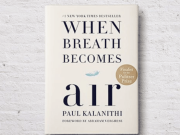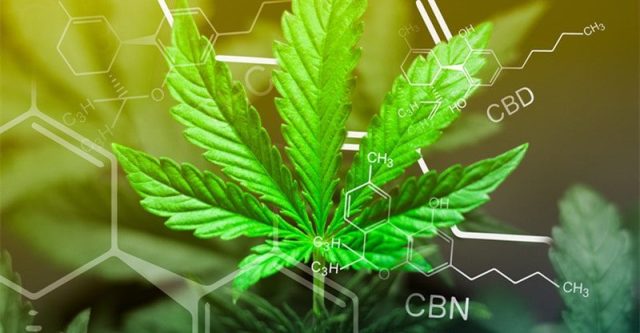In recent years, cannabinoids have become incredibly popular for their potential to improve health and well-being. Two of the most talked-about cannabinoids are CBN (Cannabinol) and CBD (Cannabidiol). These natural compounds, found in the cannabis plant, have sparked interest among researchers and wellness enthusiasts due to their possible health benefits.
In this guide, we’ll explore the differences between CBN and CBD, their benefits, and help you decide which one might be right for you.
What Are CBD and CBN?
Before comparing them, let’s understand what CBD and CBN are and how they work in the body.
CBD (Cannabidiol)
- CBD is one of the most well-known cannabinoids in the cannabis plant.
- Unlike THC, it doesn’t cause a “high” because it’s non-psychoactive.
- It interacts with the body’s endocannabinoid system (ECS) to promote balance and well-being.
- CBD is often used to help with anxiety, inflammation, pain, and overall health.
CBN (Cannabinol)
- CBN is a cannabinoid that forms when THC breaks down over time, especially when exposed to oxygen and light.
- It’s mildly psychoactive but much less so than THC.
- CBN is often found in older cannabis plants or those exposed to air.
- It doesn’t produce a strong “high” like THC.
Key Differences Between CBD and CBN
Molecular Structure
Both CBD and CBN come from the same plant and have similar chemical structures, but their atoms are arranged differently. This small difference affects how they work in the body.
Origin and Extraction
- CBD: Extracted from hemp or marijuana plants using methods like CO2 extraction. It’s found in oils, edibles, and more.
- CBN: Forms when THC degrades over time. Older cannabis plants or those exposed to air tend to have higher CBN levels.
Effects on the Body
- CBD: Known for its therapeutic effects, such as reducing anxiety, pain, and inflammation. It doesn’t cause a “high.”
- CBN: May act as a sedative, helping with sleep. It also has potential anti-inflammatory and pain-relieving properties.
Psychoactivity
- CBD: Non-psychoactive, so it won’t make you feel high.
- CBN: Mildly psychoactive but much weaker than THC. It may cause relaxation or drowsiness.
Potential Benefits
- CBD: Used for anxiety, depression, chronic pain, inflammation, epilepsy, and more. Research continues to explore its benefits.
- CBN: May help with sleep, pain relief, and stimulating appetite. It’s less studied than CBD but shows promise.
Interactions with Other Cannabinoids
- CBD: Works well with other cannabinoids, creating an “entourage effect” that may enhance its benefits.
- CBN: Often found with CBD in full-spectrum products, but its interactions are still being studied.
Availability
- CBD: Widely available in oils, tinctures, edibles, capsules, and creams.
- CBN: Less common, but sleep aids containing CBN are becoming popular.
CBN vs. CBD: Which Is Right for You?
Choosing between CBN and CBD depends on your health goals:
- For Sleep: CBN may be better due to its sedative effects.
- For General Wellness: CBD is a great choice for anxiety, depression, or chronic pain.
- For Specific Conditions: Both cannabinoids show potential, but consult a healthcare professional for guidance.
The Synergistic Effect: Using CBD and CBN Together
Some people believe that combining CBD and CBN can enhance their benefits. This is known as the “entourage effect,” where cannabinoids work better together than alone.
Final Thoughts
The world of cannabinoids is constantly evolving, and research on CBD and CBN continues to grow. Both offer unique benefits, and the best choice depends on your individual needs.
Whether you choose CBD, CBN, or a combination, always prioritize quality. Buy from reputable brands and consult a healthcare professional before adding these compounds to your wellness routine. Remember, it’s not about choosing one over the other—it’s about finding what works best for you.




























